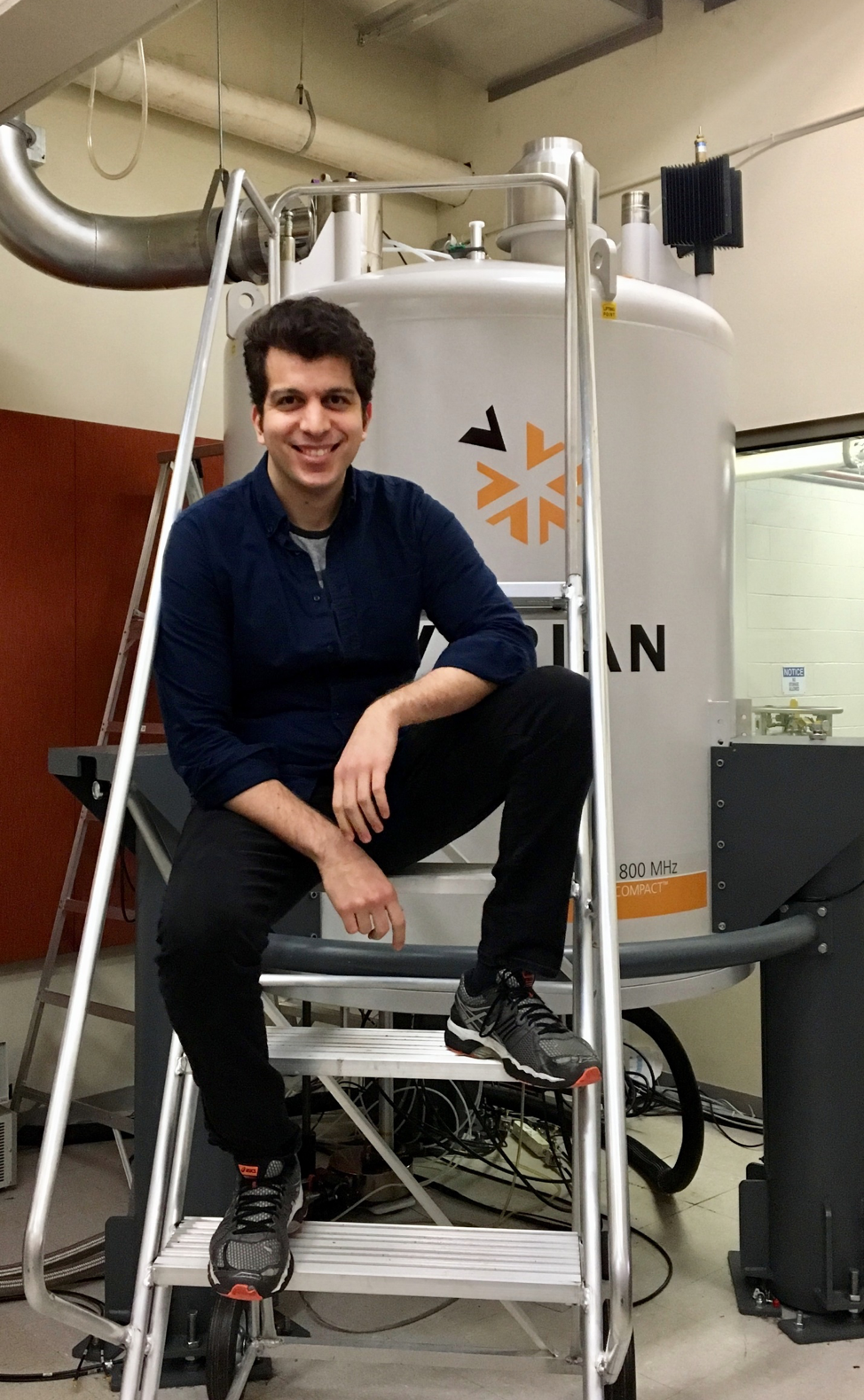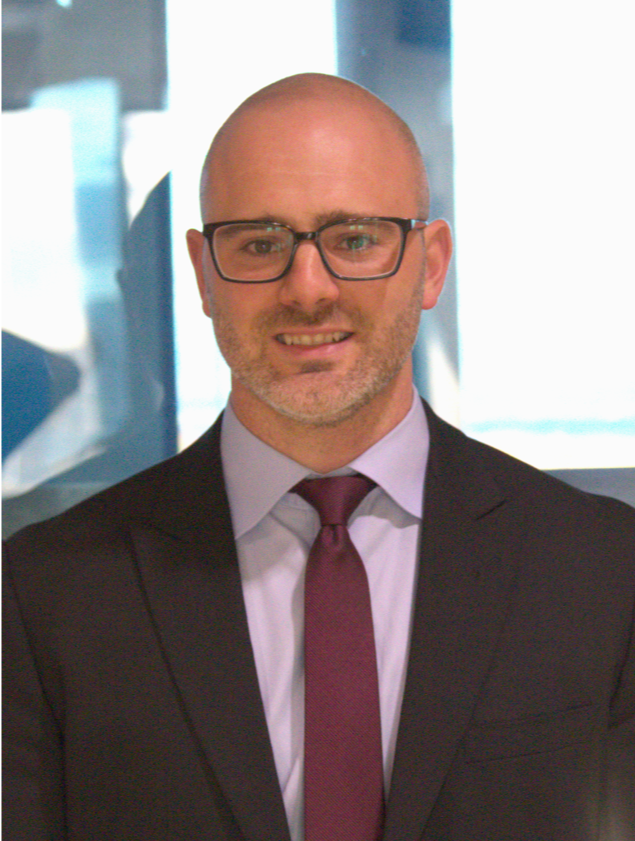
MD/PhD Spotlight Series by Nathan Gasek
Welcome to the UConn Health MD/PhD student spotlight! Our program abounds with exciting achievements and even more exciting people. This week, I had a chance to talk with Gianluca Arianna, a G2 student in the Department of Molecular Biology and Biochemistry (MBB). Gianluca’s research in Dmitry Korzhnev’s lab uses a structural biology approach to investigate how cells replicate in the context of DNA damage. Specifically, he is researching DNA damage tolerance pathways, which are implicated in tumorigenesis and may provide key insights to future chemotherapeutics. He became involved in this research as it appealed to both his chemistry background and his medical interest in cancer therapy. The MBB program was particularly appealing to him as it provided “a strong sense of family.” With regard to his research, he is particularly thrilled to have written the specific aims for his preliminary exam, mentioning that “it’s exciting to have something from your own mind come to fruition [which is] the reason why I enjoy science so much in the first place. There’s so much creative control over your experience.”
In addition to his graduate work, Gianluca is maintaining his medical chops through the Clinical Longitudinal Immersion in the Community (CLiC) program and shadowing UCHC providers. With CLiC he is able to hone his clinical skills at an internal medicine clinic throughout his graduate phase. Outside of school he enjoys playing piano, learning guitar, and has recently taken up an interest in archery.
For future applicants, he voiced that “There is a lot of opportunity here. [From] clinical experiences to education opportunities, faculty are approachable for anything from research and shadowing to curriculum design.” When asked about his favorite aspect of UConn’s MD/PhD program, Gianluca pointed to the collaboration, support, and camaraderie. From the program directors to fellow students, he notes that “Your success is important to your peers”.
At the end of our talk he also offered advice to student’s in the earlier phases of the program. “You need to approach your career with some degree of planning and some degree of risk. Have an action plan, but realize that you’ll always learn something new. You’ll end up in new situations you might not have anticipated in the first place [but] don’t take things too seriously and enjoy your experience.”
